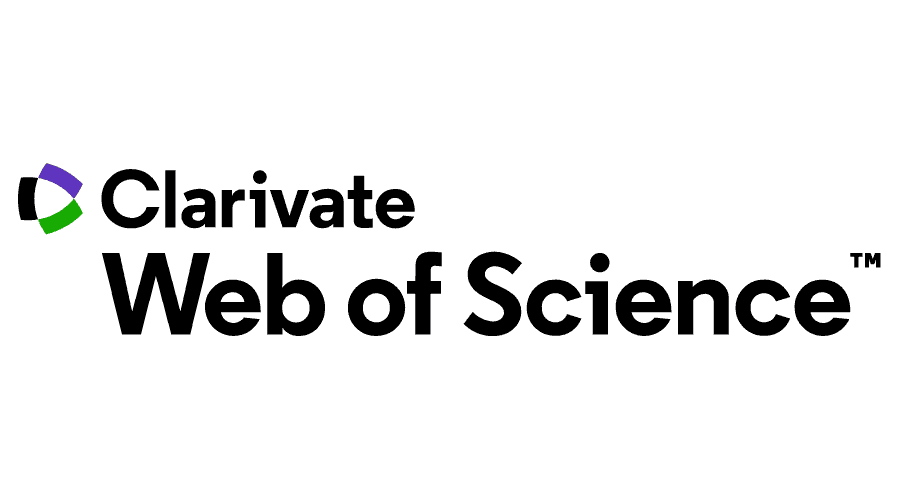Abstract
Research Aims: This study proposes to fill the gap in entreprenuership literature by focusing on the relationship between entrepreneurs' psychological capital and growth intention mediated by their work performance. Design/methodology/approach: This research used cross-sectional quantitative research and employed convenience sampling technique. A total of 275 Small and Medium Entreprise (SME) entrepreneurs participated and answered the survey questionnaires. Research Findings: The findings confirmed the direct relationships between psychological capital and work performance; and psychological capital and growth intention of entrepreneurs. However, this study found no mediating effect of work performance in the relationship between psychological capital and growth intention of the entreprenuers. Theoretical Contribution/Originality: This study enhanced the understanding on the importance of psychological capital as influential psychological resource for entrepreneurs as it has positive effects on attitudes and their work performance. These findings advocate the inclusion of psychological capital in entrepreneurial studies as important resource for work performance improvement and positive attitudes. Managerial Implication in the South East Asian context: The government and SMEs supporting agencies need to give attention to psychological capital in their entrepreneurship development policy and programmes. Further, universities and training providers should also focus on psychological capital resources in entrepreneurial education and training modules. Research limitation & implications: This study is confined to Malaysian SME entrepreneurs only and uses convenient sampling technique. Therefore, generalization of the findings is limited. Future research can investigate the related variables in different countries and contexts to examine the importance of psychological capital in entrepreneurial setting.
Recommended Citation
Yousaf, Sh. Usman; Hizam-Hanafiah, Mohd; Isa, Rosmah Mat; Abdullah, Nor Liza; Senik, Zizah Che; and Usman, Bushra
(2020)
"Mediating Effects of Entrepreneurs’ Work Performance on the Relationship between Their Psychological Capital and Growth Intentions: A Study on Malaysian Entrepreneurs,"
The South East Asian Journal of Management: Vol. 14:
No.
1, Article 4.
DOI: 10.21002/seam.v14i1.11838
Available at:
https://scholarhub.ui.ac.id/seam/vol14/iss1/4
Included in
Management Information Systems Commons, Management Sciences and Quantitative Methods Commons











